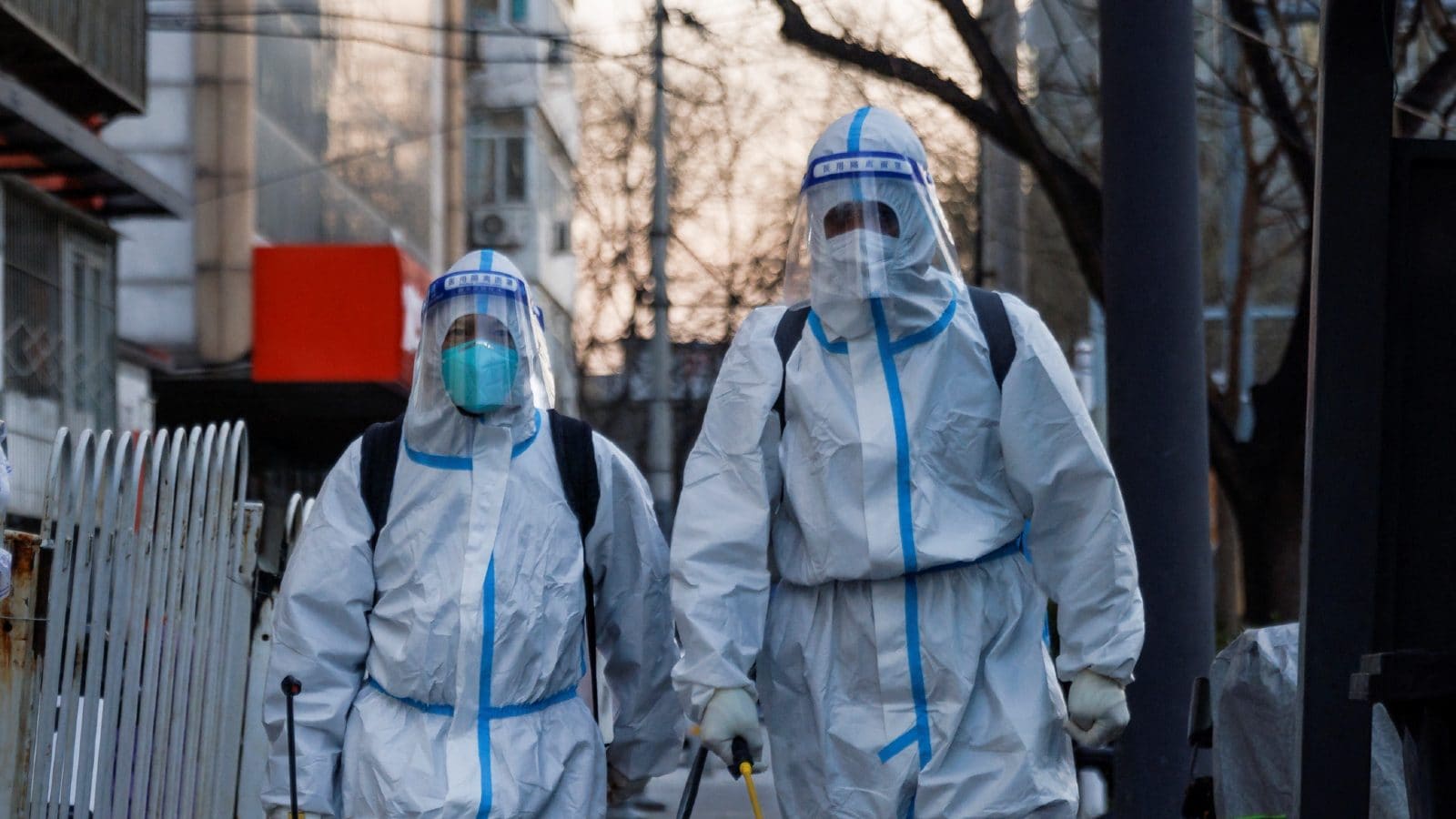Symptoms, Test and Prevention: Your Questions on Omicron BF.7 Answered
Last Updated: December 25, 2022, 08:41 IST

The new subvariant BF.7, is a sub-lineage of the BA.5 Omicron variant (File photo/Reuters)
Omicron sub-variant BF.7 infects more quickly and is difficult to detect in RT-PCR tests.
Covid-19, even after two years of the outbreak of the pandemic, still remains a public health challenge in many countries. The recent rise in Omicron’s new sub-variant, BF.7, cases has prompted health experts and governments across many countries, including India, to emphasise on vigilance and adherence to Covid-appropriate behaviour. The new Omicron BF.7 sub-variant of Covid has been blamed for the massive increase in hospitalisations in China, and it is feared that the virus will kill millions in the coming months.
The same sub-variant has infected four people in India so far, but health officials and experts say there is no reason to panic just yet.
Omicron BF.7 infects more quickly and is difficult to detect in RT-PCR tests. It is known to affect people who are unvaccinated or have weakened immunity. Vaccinated people are said to have milder symptoms when infected.
Do you need a test?
Many might wonder when they should get tested. As per the guidelines of Indian Council of Medical Research (ICMR) those who show symptoms such as sore throat, cough, fever, loss of taste and/or smell, and breathlessness should undertake a test. Apart from the symptomatic individuals, the elderly and children, who are at higher risk of infection, should also get tested if there is any symptom. Lastly if one is planning to travel abroad a negative test report is mandatory.
What are the Symptoms of Omicron BF.7 sub-variant?
Experts suggest that unusual fevers with body aches, headaches and upper respiratory tract infection should be monitored. One must also be watchful for new symptoms or deterioration of existing symptoms, such as breathlessness and a drop in oxygen saturation levels. Doctors opine that there is no way to distinguish the variants solely based on symptoms.
Can this be prevented?
The answer is yes, from a healthy diet to vaccinations there are many preventive measures. Make sure to drink plenty of water every day. Monitoring the colour of your urine is an easy way to ensure you are not dehydrated. Sleep is essential for the immune system and it’s advisable to follow a sleep schedule. Lastly, wait for the doctor to prescribe medicines and do not indulge in self-medication.
Read all the Latest Lifestyle News here
For all the latest lifestyle News Click Here

